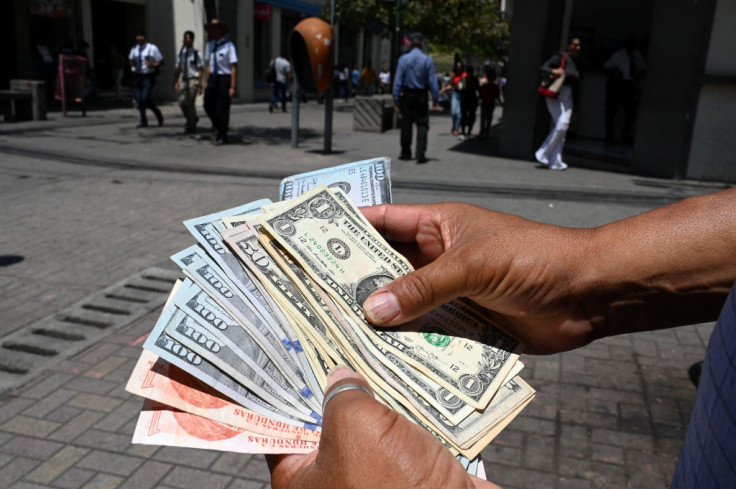
Remittances are a vital economic lifeline for millions around the world, especially in developing nations. In 2024 alone, people living in the United States sent more than $98 billion to their countries of origin, according to World Bank data. But experts warn that a new remittance tax set to take effect in 2026 as part of President Donald Trump's so-called "big, beautiful bill" could deliver a major blow to African nations that depend heavily on these funds for growth and development.
Remittances—money sent by migrants to support family or business needs back home—are particularly critical in sub-Saharan Africa. The region received $56 billion in global remittances last year, according to NBC News. Experts say the proposed one percent tax could significantly disrupt those flows and undermine progress in some of the continent's most vulnerable communities.
Hilda Suka-Mafudze, the outgoing African Union ambassador to the United States, told NBC that such a tax threatens to reverse hard-won gains in financial inclusion and economic opportunity.
"These remittances often cover essentials: food, school fees, medical care and a lot of things," Suka-Mafudze said. "To impose a tax on that is deeply unjust."
Suka-Mafudze emphasized that restricting remittance flows is not just an economic issue but a humanitarian one, as millions across Africa rely on those funds for basic survival.
Edidiong Chrys, a second-generation Nigerian American, told NBC News the tax would directly affect the support she and many others provide to relatives overseas.
"We regularly send money home to support loved ones, including our elders, children in school, newborns and others in need," she said.
A university student, Chrys added that sending money abroad is already a financial strain, with many migrants sacrificing what little they have.
"Some people are not making as much to be able to try to support their family back home," she said. "When I do get a chance to send money home, sometimes I'm spending it from my refund check."
Witney Schneidman, a senior fellow at the Brookings Institution and former U.S. diplomat, called the tax "another obstacle to development" and said it would further damage America's relationships on the continent.
"To put this tax on is just a further constraint on the U.S. effort to work with our partners on the continent," Schneidman said. He warned it could severely impact education and healthcare across Africa, as most remittances are sent directly from families abroad to those in need back home.
While the tax is not yet in effect, its potential impact is already being felt in other countries. According to a recent report by the BBVA Foundation, Mexico is projected to lose nearly $4 billion in remittances if midyear trends continue — marking a 5.8 percent drop compared to last year.
People like Chrys, who provide a vital economic lifeline for their families, warn that the consequences of the tax could be even more severe in African nations.
"In the U.S., it might feel like, 'Oh, that's nothing,'" Chrys said. "But in Nigeria, it's everything, because every little money counts."
© 2025 Latin Times. All rights reserved. Do not reproduce without permission.







